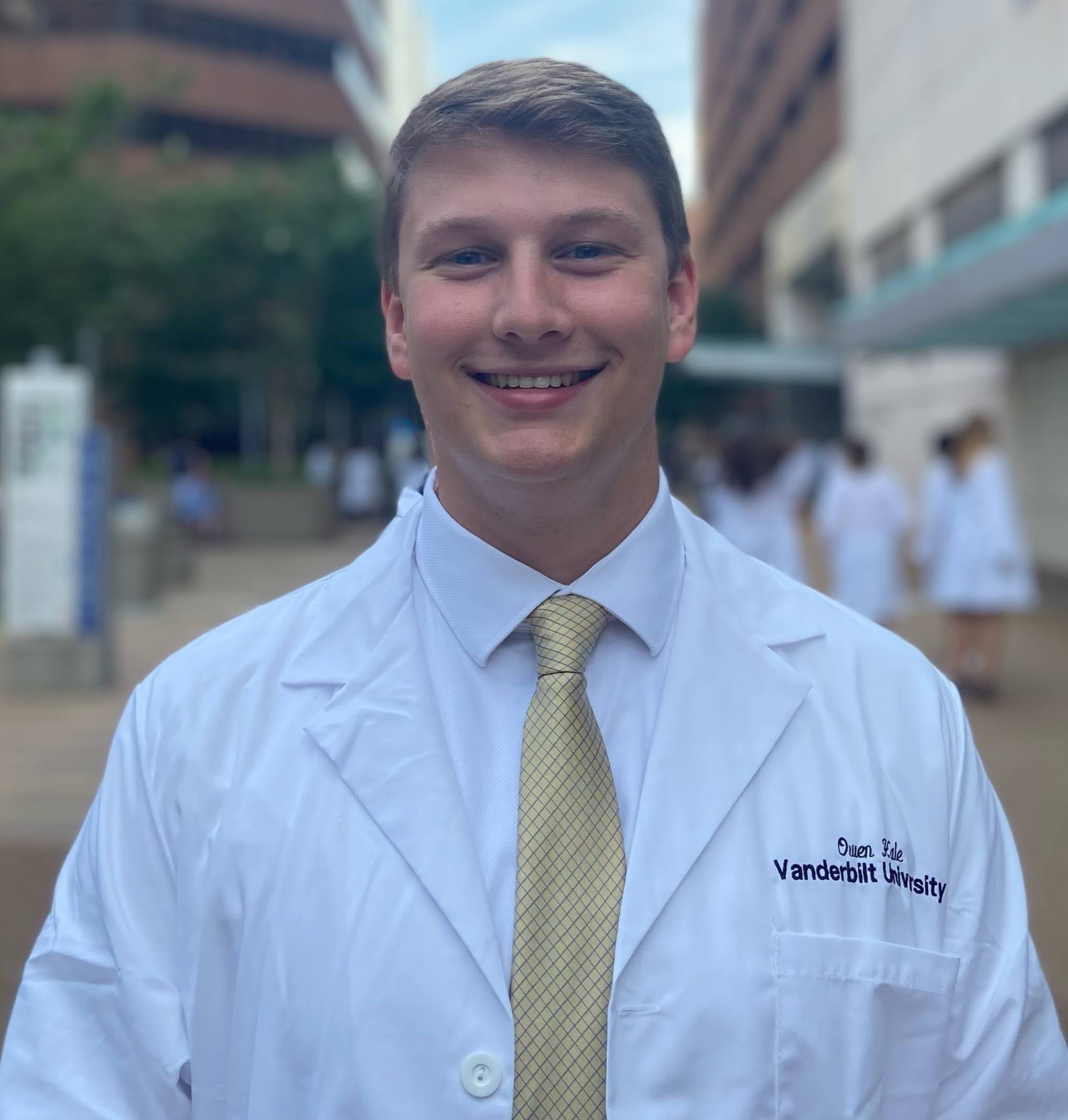
After I graduated, I moved to Nashville, TN to start a Ph.D. in Vanderbilt University’s Interdisciplinary Graduate Program in Biological and Biomedical Sciences. At the end of my first year, I joined the lab of Dr. Megan Behringer in the Department of Biological Sciences and began working on my thesis project. This project is aimed at understanding the ecology and evolution of the microbes that inhabit the human bladder, how they impact human health, and how we might be able to modify the urinary microbiome to treat diseases like urinary tract infections. My long-term goal is to take what I learn about human-associated microbial communities during graduate school and apply that knowledge to a career in research.
Because my thesis project integrates multiple fields of biology, my time at Georgia Tech has been essential to my success. Unlike many other universities, Georgia Tech requires biology students to take classes from a diverse array of subjects within and outside of biology. I use concepts from linear algebra, ecology, computer science, and genetics almost every day, and the emphasis on quantitative training at Georgia Tech prepared me for the statistics and bioinformatics courses that are now a part of almost every graduate program in biology. In addition to useful coursework, the experiential learning opportunities provided by Georgia Tech gave me practical skills in research, teaching, communication, and critical thinking that I will likely use for the rest of my career.
Take advantage of what makes Georgia Tech a unique university. Very few biology programs give you access to high quality introductory quantitative coursework, proximity to institutions like CDC, Zoo Atlanta, and the Atlanta Aquarium, funded undergraduate research through programs like PURA, and co-op and internship opportunities. With this in mind, tailor your experience to your goals. If you want to be a bioinformatician, get a CS minor. If you want to work in industry, take a semester off and do an internship. If you want to go into teaching, be a TA. Your time at Tech will be what you make it.
Work in a lab, ideally starting in your first or second year. Just find a professor with interesting research, read a paper or two from their lab, and send them an email expressing that you’re interested in doing research with them and why you think their work is interesting. I know that research is not for everybody, but you will never truly know how science works unless you do it yourself. Whether you are going into a career in medicine, policy, communication, or teaching, understanding the process that produces the facts you will be applying in your work is essential. Plus, if you enjoy doing research (which is very likely), a prolonged stint in a research laboratory can give you lifelong connections with practicing scientists and can be helpful in getting you into advanced degree programs.
You can do a lot more with a degree in biology than become a researcher or healthcare provider. We need people with scientific training to enter careers in communications, policy, management, teaching, and other fields. As you go through your time at Tech, always be open to reevaluating what you want to do after you graduate.
College is not just about preparing for a job or for your next degree. Have fun outside the classroom, enjoy learning, and pursue whatever is interesting to you.


